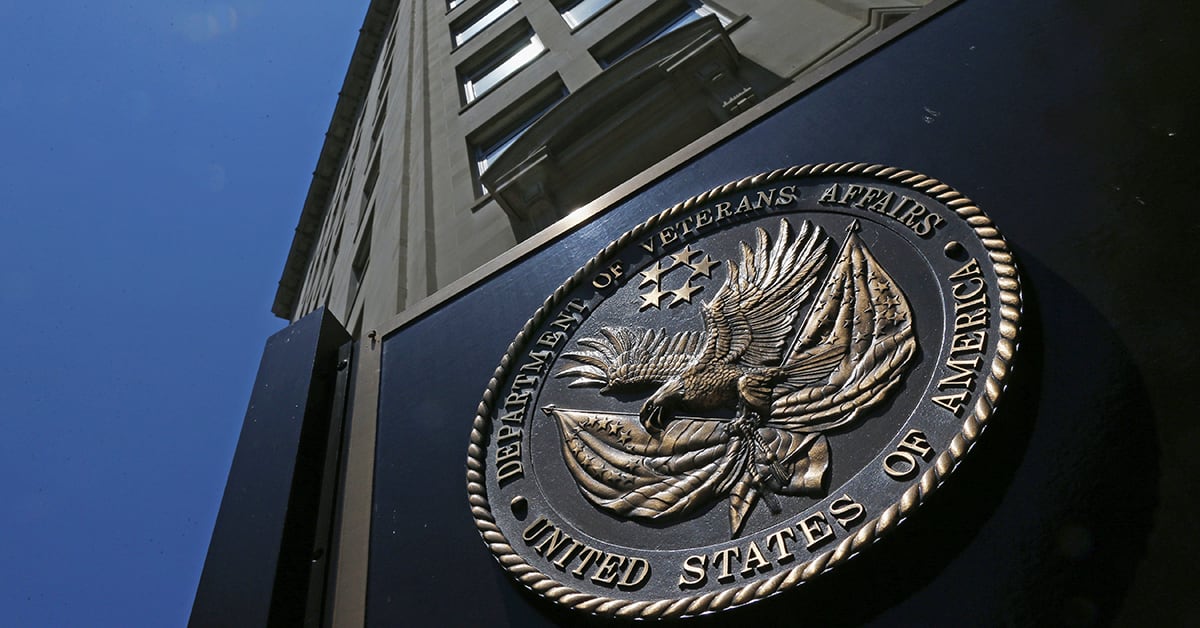WASHINGTON — A new program designed to help clear the Department of Veterans Affairs’ massive backlog of disability claims appeals has so far received little interest from veterans, despite promises it could trim years off their wait times.
Less than 3 percent of veterans invited into the program — about 330 individuals — have opted into the Rapid Appeals Modernization Program, launched in November and billed as an “more efficient” review process that could provide final decisions within a month.
The program was included as part of sweeping appeals reform legislation passed by Congress last year and was intended to help start to draw down some of the 340,000 cases languishing in the current case processing system. VA officials have promised full implementation of the reforms package by February 2019, but have also been optimistic they’ll see significant progress before the end of the year.
Lawmakers said the RAMP results thus far are raising concerns about reaching those goals.
“Unless more veterans participate in RAMP, it is hard to see how VA will collect enough data to develop an effective plan to successfully implement appeals reform,” said Rep. Phil Roe, R-Tenn., chairman of the House Veterans’ Affairs Committee.
VA officials promised more focus on public awareness of the program in coming months. But David McLenachen, director of the Veterans Benefits Administration’s appeals management office, said he is still encouraged by the results thus far.
“We need to get that rate up,” he said during testimony before the committee on Tuesday. “But there is every indication that veterans opting in are getting fast decisions and a good outcome.”
The RAMP process allows veterans to fast-track decisions on their disability appeals if they agree to finalize evidence adjudicators can consider and withdraw their pending cases. Because many veterans have been waiting years for an answer on their disability cases, officials think some of the reluctance to opt-in to the new program may be fear of restarting a lengthy wait.
McLenachen said cases processed so far have averaged 37 days, compared to the 1,500-plus average for cases going through the traditional appeals process. Veterans in the new program have been successful in 61 percent of cases so far, compared to 25 percent for the traditional process.
He warned against drawing too many predictive assumptions based on the small number of cases processed so far, but said it does indicate the potential benefit of the new program for many veterans.
It has also drawn positive reviews from veterans service organizations as well. Officials from Disabled American Veterans labeled it “a great testing environment for the new (VA) appeals system.”
At Tuesday’s oversight hearing, Veterans Affairs Deputy Secretary Thomas Bowman said he is confident department officials will be able to stick to the February 2019 timeline for that new system. He promised monthly updates to the committee and a six-month briefing with lawmakers to ensure the work is continuing on schedule.
But officials from the Government Accountability Office have issued a handful of improvements to their project management to ensure better progress tracking, changes that VA officials have said they will incorporate in their work.
And lawmakers on the committee said they need better progress benchmarks from VA to ensure that work is continuing on schedule.
“I’m watching the clock tick rapidly,” said Rep. Mike Bost, R-Ill. “Where we’re at now is not necessarily where we need to be.”
Leo covers Congress, Veterans Affairs and the White House for Military Times. He has covered Washington, D.C. since 2004, focusing on military personnel and veterans policies. His work has earned numerous honors, including a 2009 Polk award, a 2010 National Headliner Award, the IAVA Leadership in Journalism award and the VFW News Media award.




